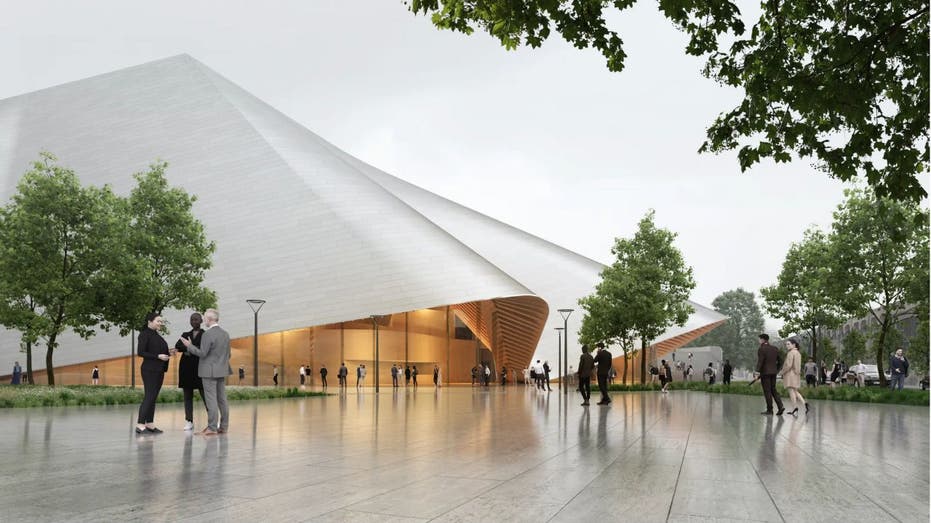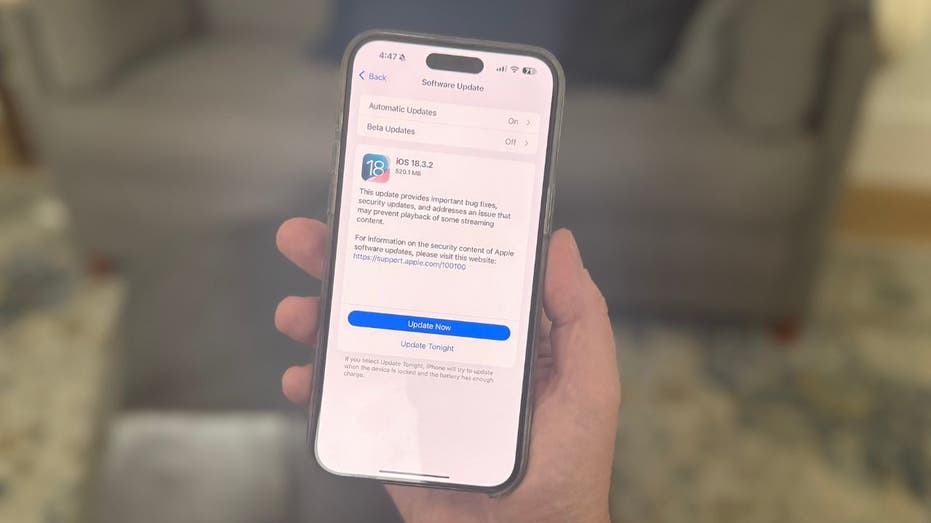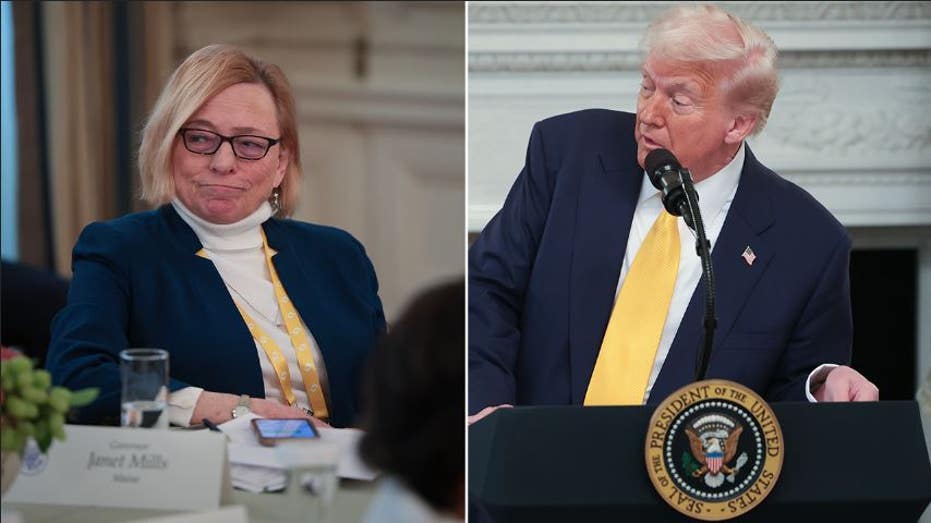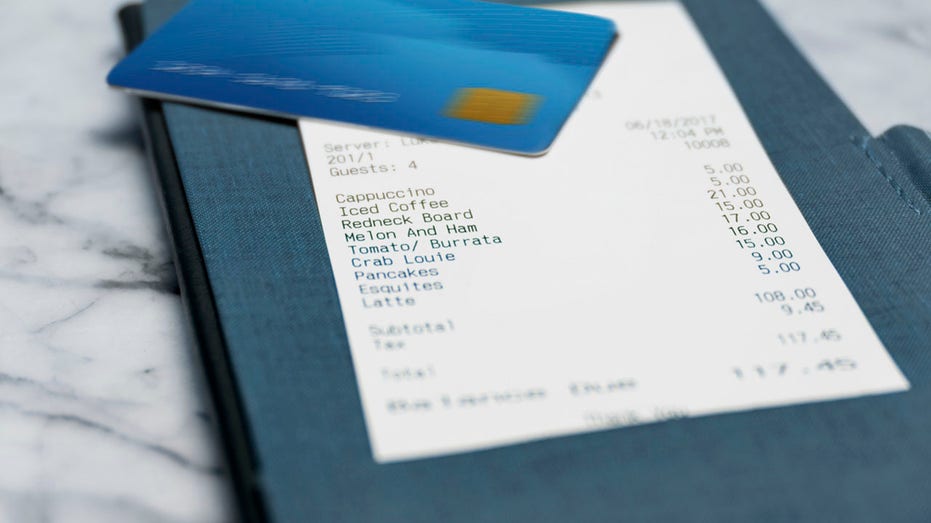- by foxnews
- 15 Mar 2025
Fears Cambodia is rolling out China-style ‘Great Firewall’ to curb online freedom
Fears Cambodia is rolling out China-style ‘Great Firewall’ to curb online freedom
- by theguardian
- 15 Feb 2022
- in technology
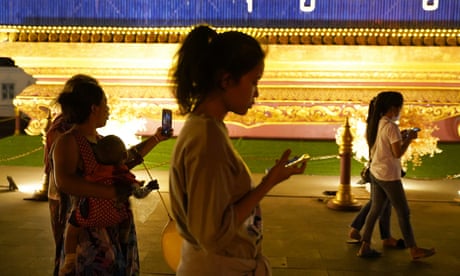
A China-style internet gateway scheduled to be imposed in Cambodia this week would grant the government far greater powers to conduct mass surveillance, censor and control the country's internet, rights groups have warned.
Human rights experts and media advocates fear the gateway could be a step towards the kind of censorship enforced through China's Great Firewall - though some question what technical capacity Cambodia's systems currently have, and say the process has lacked transparency.
Under the changes, all online traffic must pass through a National Internet Gateway (NIG), which the government says will protect national security, help with tax collection and preserve "social order, culture and national tradition".
Rights experts say the internet is one of the few spaces that still allows for free expression, including criticism of the government of prime minister Hun Sen, who has been in power for more than three decades. Under his rule, the main opposition party has been outlawed, independent media severely curtailed and peaceful protesters have faced violence.
Having stamped out dissent elsewhere, the government is now seeking to further expand its control over the online sphere, rights advocates have warned. "They want to have a hermetically controlled political environment where they are lord and master and anything they say goes - and anybody who objects gets sent to prison," said Phil Robertson, deputy Asia director of Human Rights Watch.
Internet service providers were required to reroute their traffic through the gateway by this week. The Cambodian government did not respond when asked about the timeframe for implementation, or the human rights concerns which have been raised. It has previously rejected comments by UN experts that the legislation is repressive, with the country's Permanent Mission to the UN Offices in Geneva accusing the experts of making unfounded allegations and interfering in Cambodia's domestic affairs.
The authorities have increasingly taken steps to clamp down on online expression, including by jailing individuals over posts, messages and even music. Last year, at least 35 individuals were arrested, five had arrest warrants issued against them, and 21 were convicted for online posts, according to the Cambodian Centre for Human Rights (CCHR).
Those targeted in recent years include the rapper Kea Sokun, who spent a year in prison after he was convicted of incitement in 2020 in relation to music he shared online; three activists belonging to the environmental group Mother Nature Cambodia, who had shared information on social media about plans to march to the prime minister's house; and Kak Sovannchhay, the teenage son of an activist and opposition politician, who spent four-and-a-half months in pre-trial detention. Sovannchhay, who is autistic and was 16 at the time, had defended his father in comments made on Telegram, and shared Facebook posts critical of the government.
The authorities have also found other ways to suppress online information, including ordering internet service providers to block certain pages, such as news sites. According to civil society groups, internet service providers have also slowed down the speed of the internet to disrupt their activities, including livestreams, while activists and media have faced localised power cuts.
"It is therefore very likely that the NIG will become another instrument for the Royal Government of Cambodia to control and monitor the flow of information in Cambodia," said Sopheap Chak, CCHR's executive director.
The gateway, she added, facilitates mass surveillance, the interception and censorship of digital communications, and the collection of personal data.
Naly Pilorge, director of the Cambodian League for the Promotion and Defence of Human Rights, said the enforcement of such a gateway would be devastating, and that it violated the constitution, as well as several conventions and treaties to which Cambodia is a signatory.
"It would completely close off the ability of citizens to express themselves to share information. It would lead to even more of a closure in terms of civil society, in terms of activism in terms of issues that are affecting Cambodians," she said.There are also concerns the system could slow down internet speeds, damaging business activity and foreign investment.
Despite the looming deadline for implementation, there is little information about how the gateway will work, said Robertson. The Cambodian government might want to give the impression that it was introducing a China-style firewall, he added, but it was not clear if it had the capacity to do so.
"There's no clarity on how they're doing this, what sort of form it is going to take, what sort of technology is being brought in," he said. The law will, however, likely lead to a rise in self-censorship, just as the country prepares for commune elections in June, and a national election next year.
"If you're putting something up on the internet that is critical of the government, who knows maybe the NIG is coming to get you?" said Robertson
- by foxnews
- descember 09, 2016
Neighbors react as viral 'Tunnel Girl' granted permit to continue digging massive bunker under home
"Tunnel Girl" in Herndon, Virginia, "finally" got her tunnel project approved after pausing the project due to a potential violation. Locals and social media users react.
read more